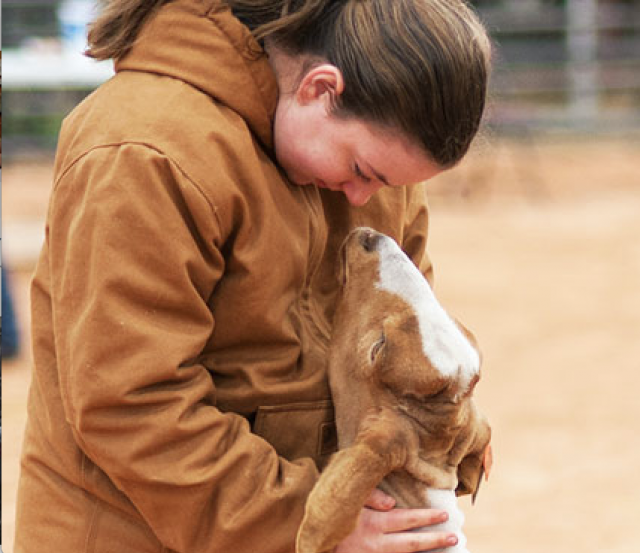PICKAWAY – It is not uncommon to see some tears on the last day of fair, when a child’s animal is sold and loaded into a truck for transport and processing.
By its very definition, a 4-H market livestock project is terminal, ending within or at the end of a 4-H project year, as the fair comes to a close so does the relationship between a child and an animal that they have taken pride and ownership in. Even more the care and devotion to a animal can create a bond thats difficult to shed.
Children not only nurture these animals and care for them, but they shine them up and prepare them to show. During the show they dress up in fancy collared shirts and clean blue jeans. While Performing these shows they might win a ribbon and get some attention that deepens that bond even more. Its hard to let go, they have trained for this day for months. Even if the hard work pays off they still won’t be able to keep their project.
Young children may not understand the terms “butchered,” “processed,” or “slaughtered;” however, they will understand the word “killed.”
So why do we put our children through this? One of those lessons is the cycle of life. Hamburger doesn’t come from the grocery store, it comes from cows down the road, and farmers took time to raise and feed those animals before it came to table.
Kids are learning to also market a animal not only do they have to keep track of vaccines but keep up on costs and weigh that against future profits. Thats important information for kids wanting to grow up and run the family farm.
These kids are in training for the future to be future farmers, these experiences will help them succeed in a skill some people don’t understand. Those tears you see today on children faces is the hard work and determination you will see in the future with quality meats from local farmer, a necessary industry from farm to table.










